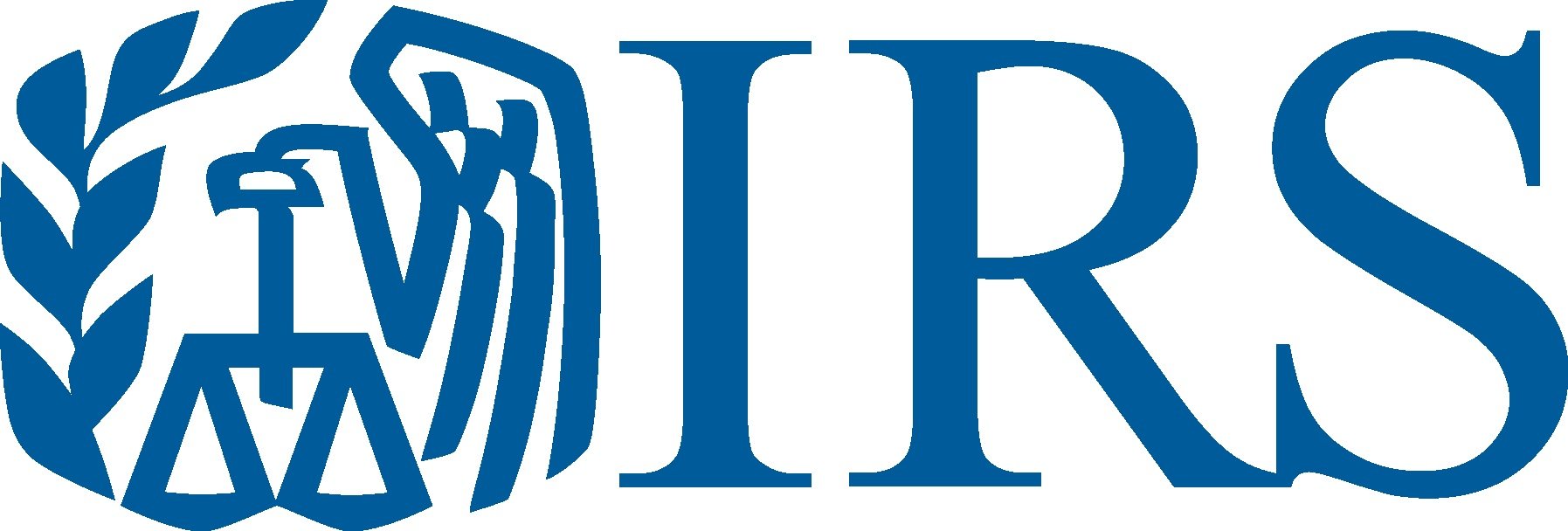Tax Strategies for High Income Earners
Tax planning is something that the wealthy discuss, but they do it in quiet tones since their goal is avoiding heavy taxation. No matter what the level of your income, you have to pay taxes to the Internal Revenue Service (IRS).
For high income earners, the IRS does not have any bias over individuals using legal methods to minimize their taxes. Because of their high-income levels, the wealthy have access to tax strategies for high income earners, which they use in minimizing their taxes for the usual tax breaks afforded to them.
How Can High Income Earners Save On Taxes?
That isn't to say that there aren't ways that the wealthy can plan legal maneuverings to downplay their tax contribution. People in higher tax brackets are able to get savings on their taxes in comparison to the average American earnings each year since the wealthy has little knowledge, imagination, and foresight.
The use of small business retirement plans is one of the most effective tax-cutting strategies. Previously, under the law, IRS did not include financial contributions to retirement plans that provided a profit to the business owner. Taxation on those funds can be avoided if an affluent taxpayer can postpone too much spending until their retirement.
Your Income
Alter and protect the nature of your income. You can change how your income is taxed by making adjustments to your portfolio assets. It would be ideal to make changes to your business structure if you own a company. This is one of the most effective tax strategies for high income earners to consider. To do this, you would maximize the use of employee benefit plans and health care for your small business entity. It is best to establish a health savings account and health reimbursement arrangement as well as Section 125 plan. As a business owner, you could also pay employees pre-taxed expenses that have passed the deduction threshold.
Convert IRA
Change your traditional, SEP, or Simple IRA, converting over to a Roth IRA. However, you won’t be able to do so until you pass the age of 59 and a half. This will allow you to have tax free Roth distributions.
Besides, ROTH IRAs do not fall in the investment proceeds category. For that reason, they will not amplify your MAGI and as a result, you won’t be liable for Medicare surtax. Changing to a ROTH IRA is thought to be a successful way of reducing future earning taxation.
Tax Exempt Bonds
Purchase municipal bonds. These will exempt you from paying any taxes on them. You will not pay taxes on the interest income neither from the bonds or Medicare surtax. Even better, if you buy municipal bonds in your current location, the interest income will be tax-free, and this goes for the state and federal level.
One of the tax strategies for high income earners, which is considered legal is to place your children on the business payroll. If the child is a minor, you won’t have to consider federal employment taxes or FICA. With earned income, the child could be able to contribute to an individual retirement account (IRA).
Investment Income Protection Techniques
The Roth IRA is one of the most exciting tax-saving opportunities to emerge in decades. Unfortunately, many wealthy investors are barred from using them because their adjusted gross incomes (AGIs) are too high. These investors should think about contributing to a non-deductible traditional IRA. While these IRAs do not offer upfront deductions or tax-free withdrawals, the earnings can accumulate tax-deferred over time.
Another underutilized tax-cutting strategy is "tax lot matching." In contrast to the default IRS method of FIFO, which is first in and first out, this technique allows an investor to specify which specific shares of a stock or mutual fund are sold.
When shares of a stock with little or no gain, or even a loss, are sold instead of shares from long-term investments with substantial gains, tax lot matching can provide significant savings. Affluent investors with children have more options for shielding investment income and gains from the IRS.
Since the introduction of 529 plans, one of the most admired, the uniform transfer gift to minors (UTMA) custodial account, has faded from view. While these accounts may no longer be the best way to save for college, they do provide a unique opportunity. A parent who owns highly appreciated stock can "gift" it to a child, have the child sell it, and then report a portion of the profit in a lower tax bracket.
Restructuring Your Company
Change your company's structure. If you change a sole proprietorship business to a C corporation, it allows you a great advantage financially. For instance, if you were to choose a C corporation, it would lower your tax rate. The tax rate would be higher for a sole proprietorship and an S corporation.
In addition, income or profits from a pass-through company entity might be entitled to a new deduction of up to 20% of the company earnings. By changing your company structure to that of a sole proprietorship, you would be able to hire your minor kids without having to match the tax rate and there would not be any need for withholding taxes. If the child is not a minor, their tax rate is lower.
Health Savings Account Investing
If you want to enjoy more tax savings, it is best to contribute to a savings account health plan. This is known as HAS and there are many high income earners who do not utilize this contribution plan, or they may use it the wrong way. Not everyone is eligible, but if you are, you should use it as a long-term strategy rather than paying for your existing medical expenses. Using this strategy helps your earnings to grow because it is not being taxed.
Don't Stress over Taxes! We Help You Find the Best Offer.
Timing Losses and Gains
Gains and losses should be timed. Helpful tax strategies for high-income earners should include time management of large gains to avoid having to pay the Medicare surtax or being forced into the 20% capital gains bracket. Here are a few methods for managing your gains:
Create a charitable remainder trust and add appreciated securities to it. Charitable remainder trusts distribute earnings to the beneficiaries for a set time period prior to donating the remainder to the charity. If you donate an appreciated asset, it allows you to steer clear of paying capital gains tax and you will receive a tax deduction, depending on the gift's current value.
In any business, losses can go unnoticed. You can harvest these losses on your investments once you find out. When the stock market falls, you may want to think about selling investments in taxable accounts that have incurred losses. Tax-loss harvesting is a strategy that allows you to sell your investments and claim your losses on paper. Every year, taxpayers are allowed to deduct losses up to a certain ampount from regular income, with losses offset by the existing and future capital gains. If you do not use the losses in the existing year, it can be carried over to the next years.
Invest in a QOF (Qualified Opportunity Fund). These were created as part of the Tax Cuts and Jobs Act and allow you to defer capital gains taxes until 2026 by investing them in a QOF within 180 days of the sale. Taxes can be reduced if the investment is held for at least five years.
529 Plan Contribution
Contributions to 529 plans should be bundled. These plans come with a special provision, especially if you want to maximize your family gifting. In a single year, you can contribute as much as $75,000, to the 529 plan for a student. Extra gifts received by the same person over a five-year period will decrease the lifetime exclusivity. Conversely, the student will benefit from jumpstarting his account, and the funds can take time to grow and compound.
Wealthy Men
Warren Buffett, one of the world's wealthiest men, is said to pay less in taxes than his secretary does. Whether or not that is entirely correct, it is not unthinkable for someone earning hundreds of thousands of dollars to pay close to the same amount of taxes as someone earning way less of that. The key is to be purposeful in how you use tax planning strategies legally. In addition, do not wait until the deadline to file your taxes. Doing it early ensures that the definitive recipient of your hard work is you and your family members, not the IRS.
Conclusion
Managing your wealth can be quite a challenge. It takes more than just classifying and choosing the ideal tax reduction strategies to make sure that your money is efficiently working for you much as possible. Choosing the ideal financial advisor can make a huge difference. Find a financial advisor who will spend the time getting to personally know you and understanding your financial priorities. You also need one who will work with you to develop a good financial management strategy that meets your goals while also maximizing your accumulated assets.
If you want to learn more about tax strategies you can legally implement, go to the Goalry platform and head over to the Taxry store, where you will find valuable information and app to aid you.





